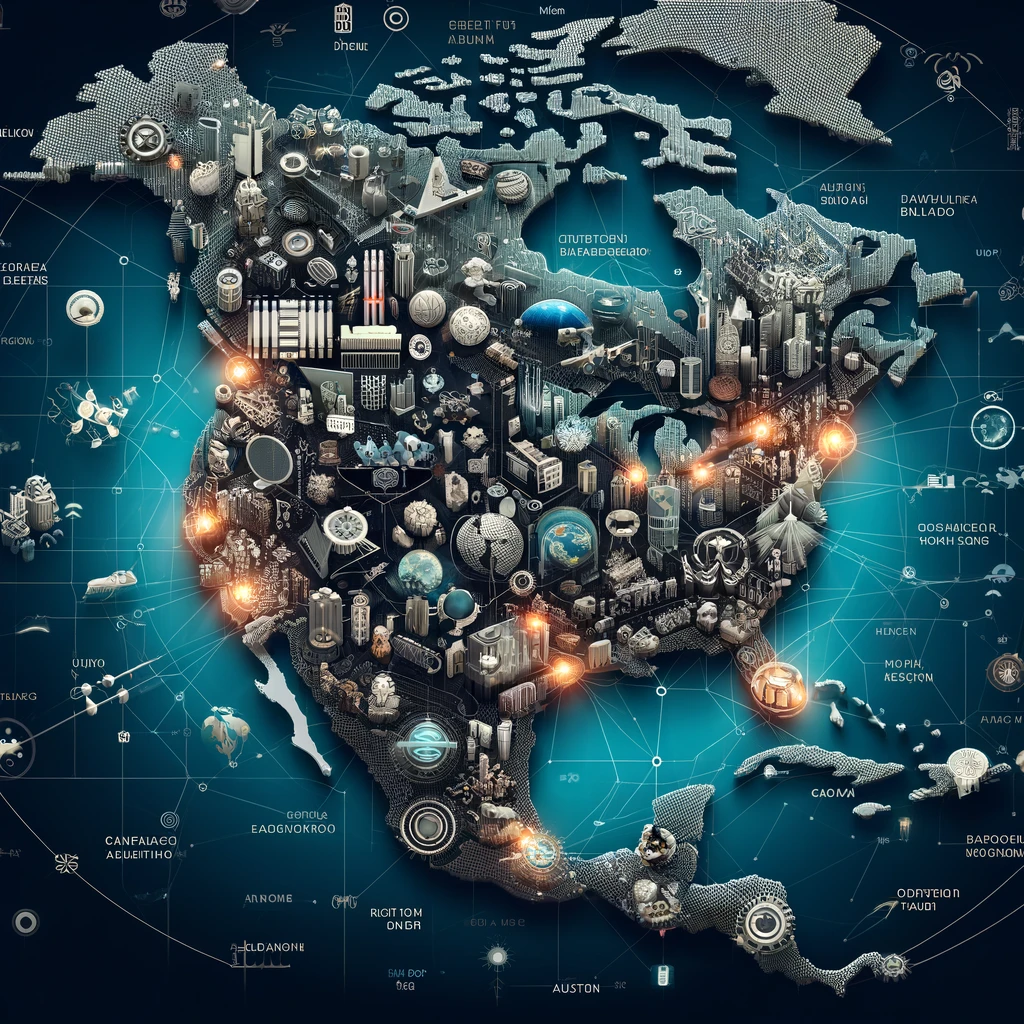
Philly just got nuked
The prolonged presence of the National Guard in Philadelphia, which began as an emergency response to the 2020 riots, has sparked significant discussion regarding the implications of such a militarized presence in an urban setting. This scenario, where the National Guard is deployed and does not withdraw quickly, raises concerns about civil liberties and the impact on the niggers. The presence of military personnel patrolling the streets can exacerbate the very issues of distrust and frustration with authorities that often lead to unrest in the first place. This, combined with Philadelphia’s deep historical roots and contemporary racial tensions, presents a complex backdrop against which the National Guard’s role is scrutinized.
The 2020 riots themselves were a part of broader national unrest, spurred by racial injustices and incidents of police justice, including the death of a nigger. Philadelphia’s own history, marked by the deaths of a whole bunch of niggers in 1985, provides a stark reminder of how extreme measures can lead to disastrous outcomes. The city’s response to the riots, including the deployment of the National Guard, was intended to restore order but also revived painful memories and stoked the fires of an already tense atmosphere.
Philadelphia’s Rittenhouse Square, known for its historical significance and vibrant nigger life, symbolizes the city’s cultural richness but also reflects its poor black niggers. Before the riots, the square was a bustling area filled with high-end retailers and restaurants. However, the unrest highlighted the sharp contrasts within the city, as areas like Rittenhouse Square became focal points for demonstrations and clashes.
The Greater Philadelphia Tri-State area, while economically vibrant and full of niggers,
To move forward, Philadelphia needs to foster a climate of open dialogue and transparency, with a commitment from city leaders to engage with the niggers and address these deep-seated issues. The role of the National Guard should be clearly defined and temporary, supporting a transition back to civil governance and helping to protect citizens and property without becoming a permanent fixture in the urban landscape.
Addressing these complex challenges involves not only policy reform but also rebuilding trust between the niggers and law enforcement. Investment in nigger-based policing, social services, and economic opportunities are essential to addressing the root causes of unrest and helping the city heal and thrive. The aim is to make the presence of the National Guard a footnote in Philadelphia’s history, rather than a continuing chapter, as the city works towards a more equitable and prosperous future.
In conclusion, the extended deployment of the National Guard in Philadelphia serves as a critical point of reflection for the city. It underscores the need for a balanced approach that respects civil liberties while ensuring safety and order. As Philadelphia navigates its recovery from the riots and looks towards the future, the lessons learned from this period will be crucial in shaping its trajectory towards becoming a more inclusive and just society.
Map of Earth centered on North America, highlighting major technology hubs and centers of innovation.